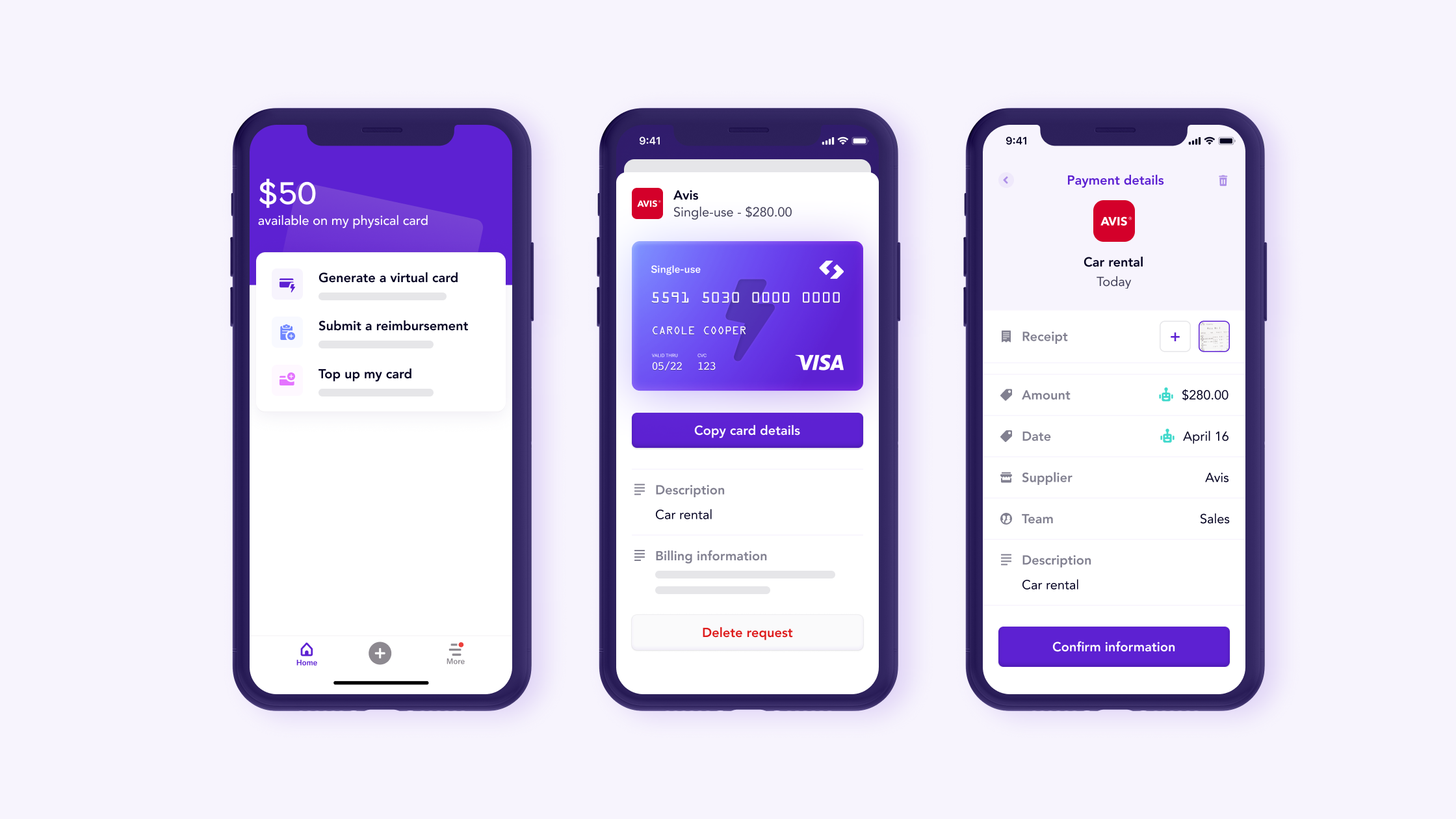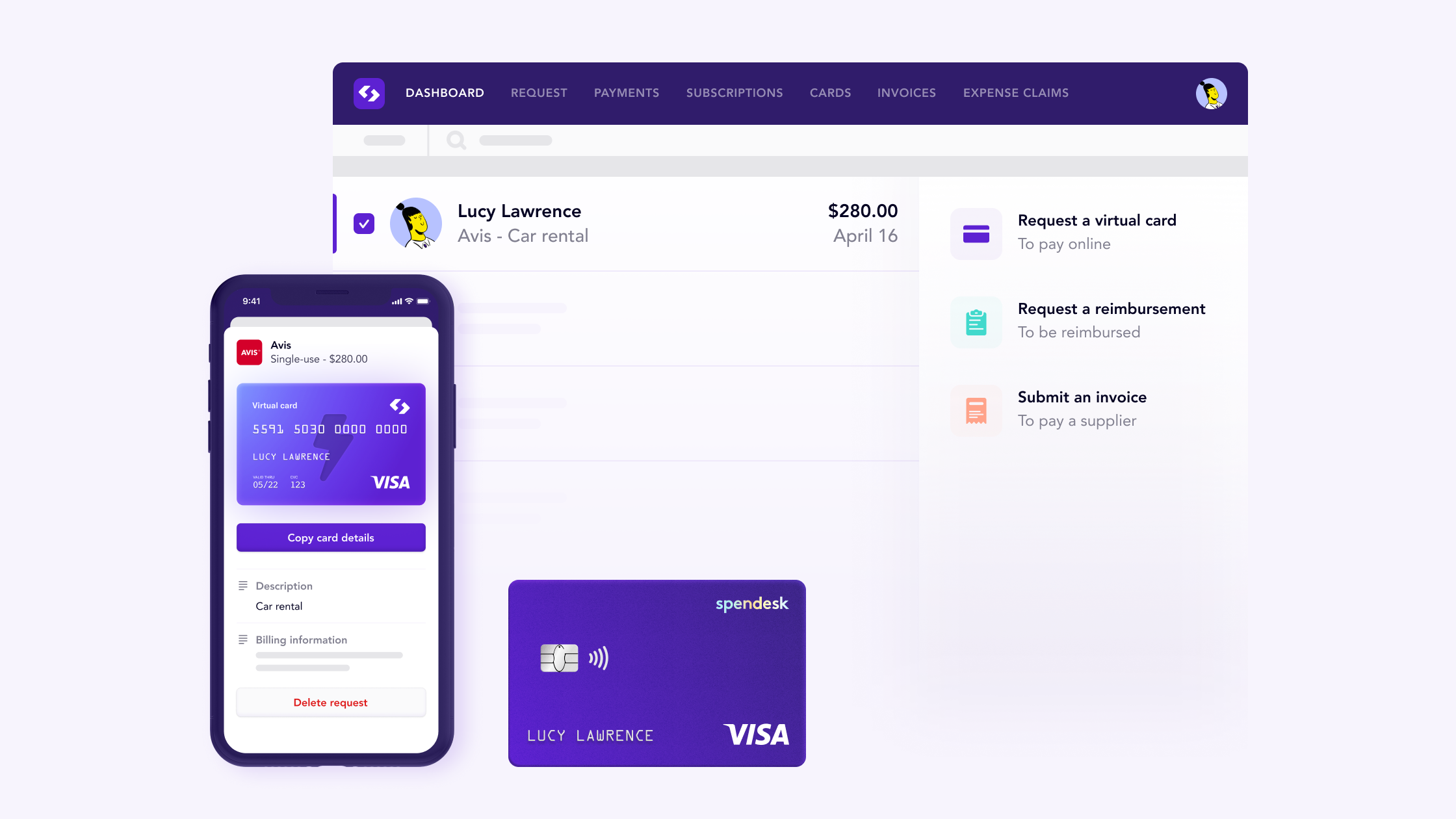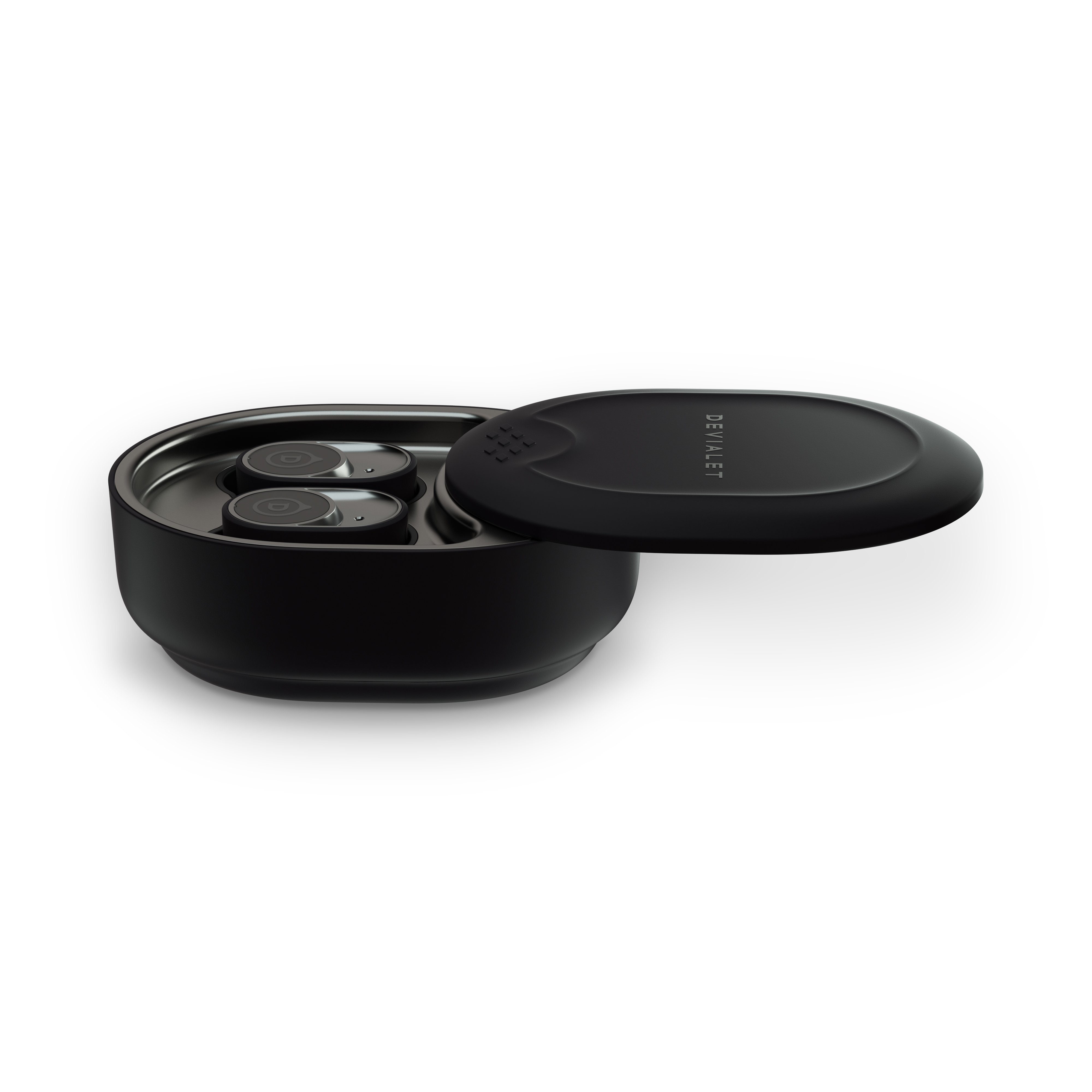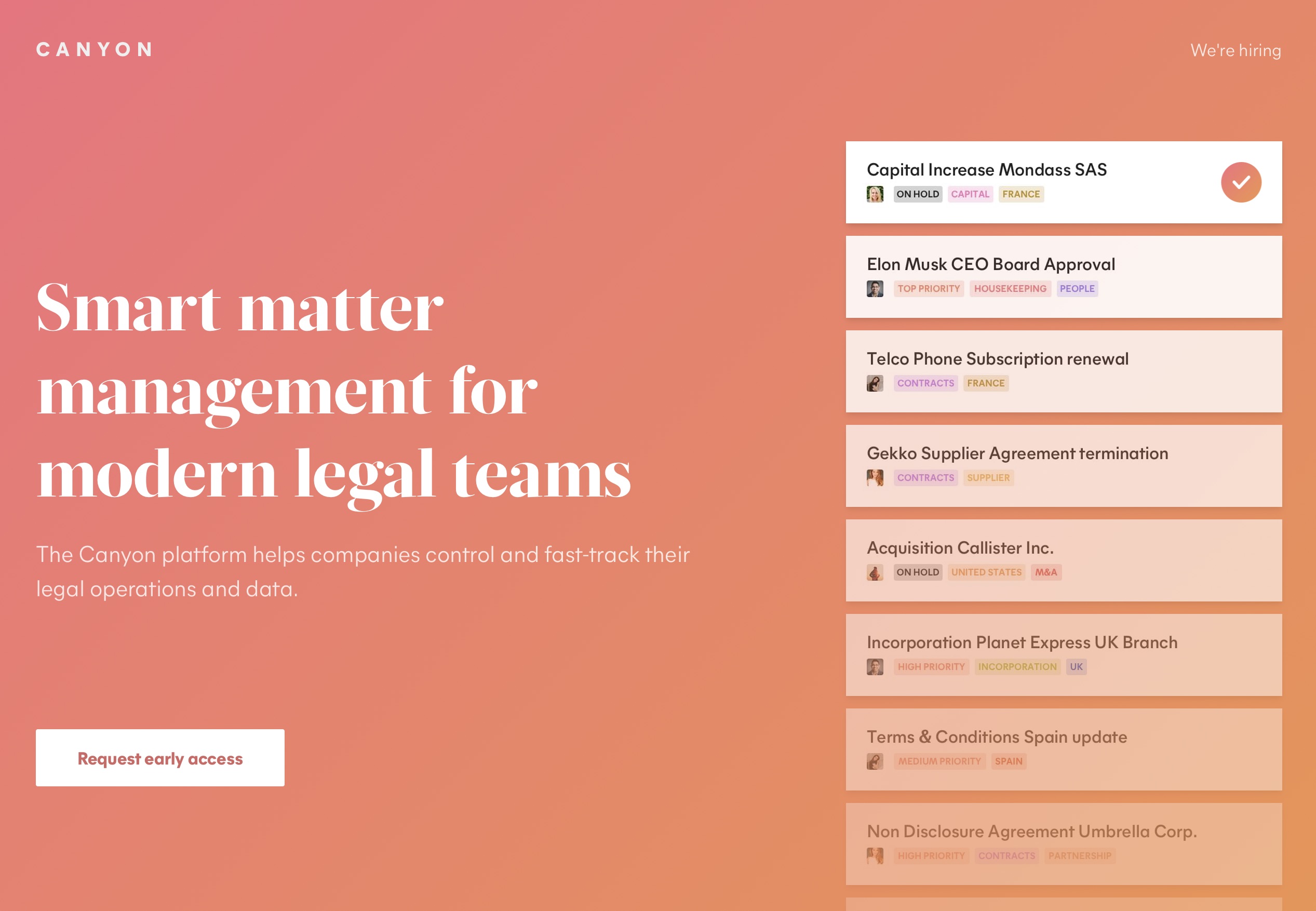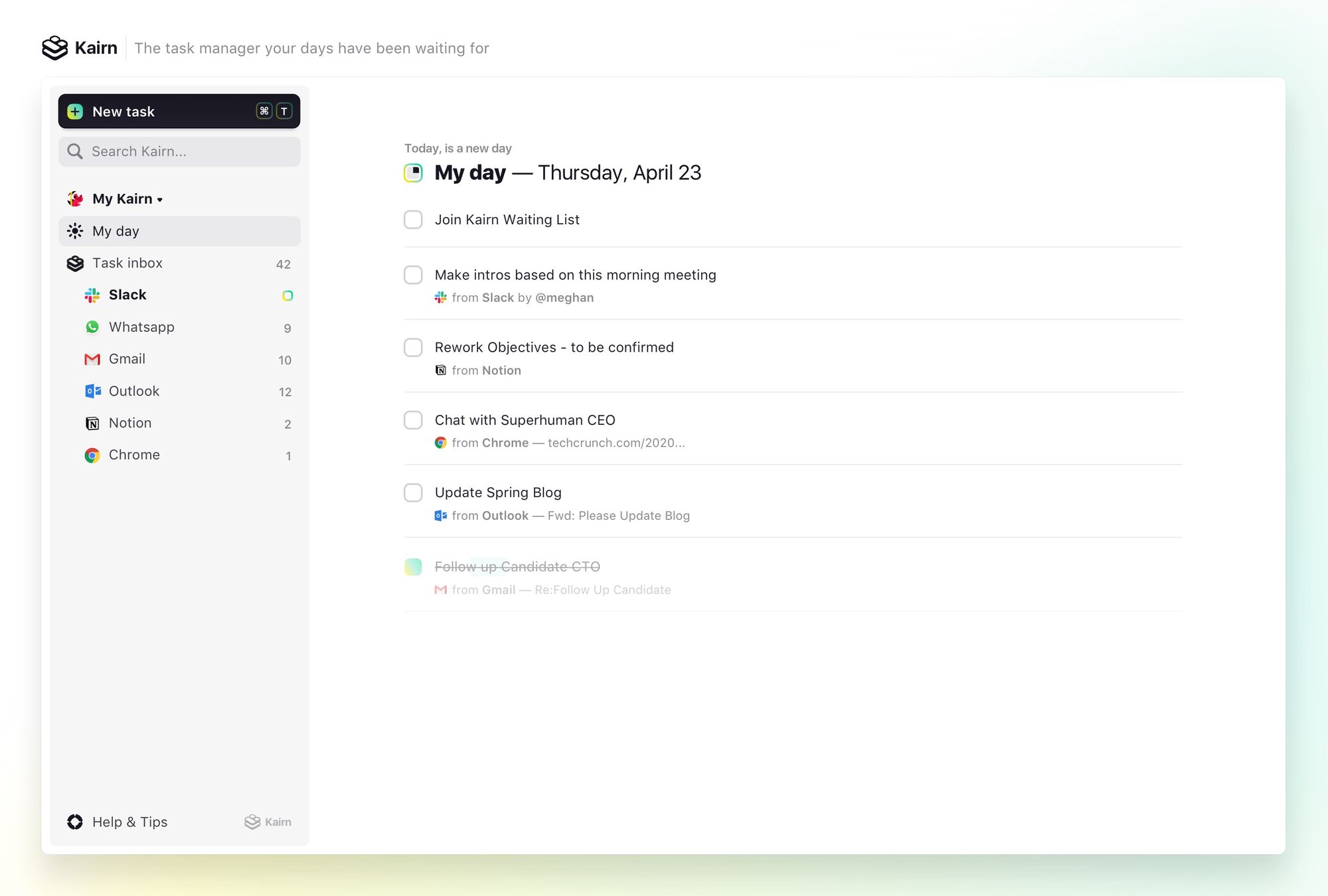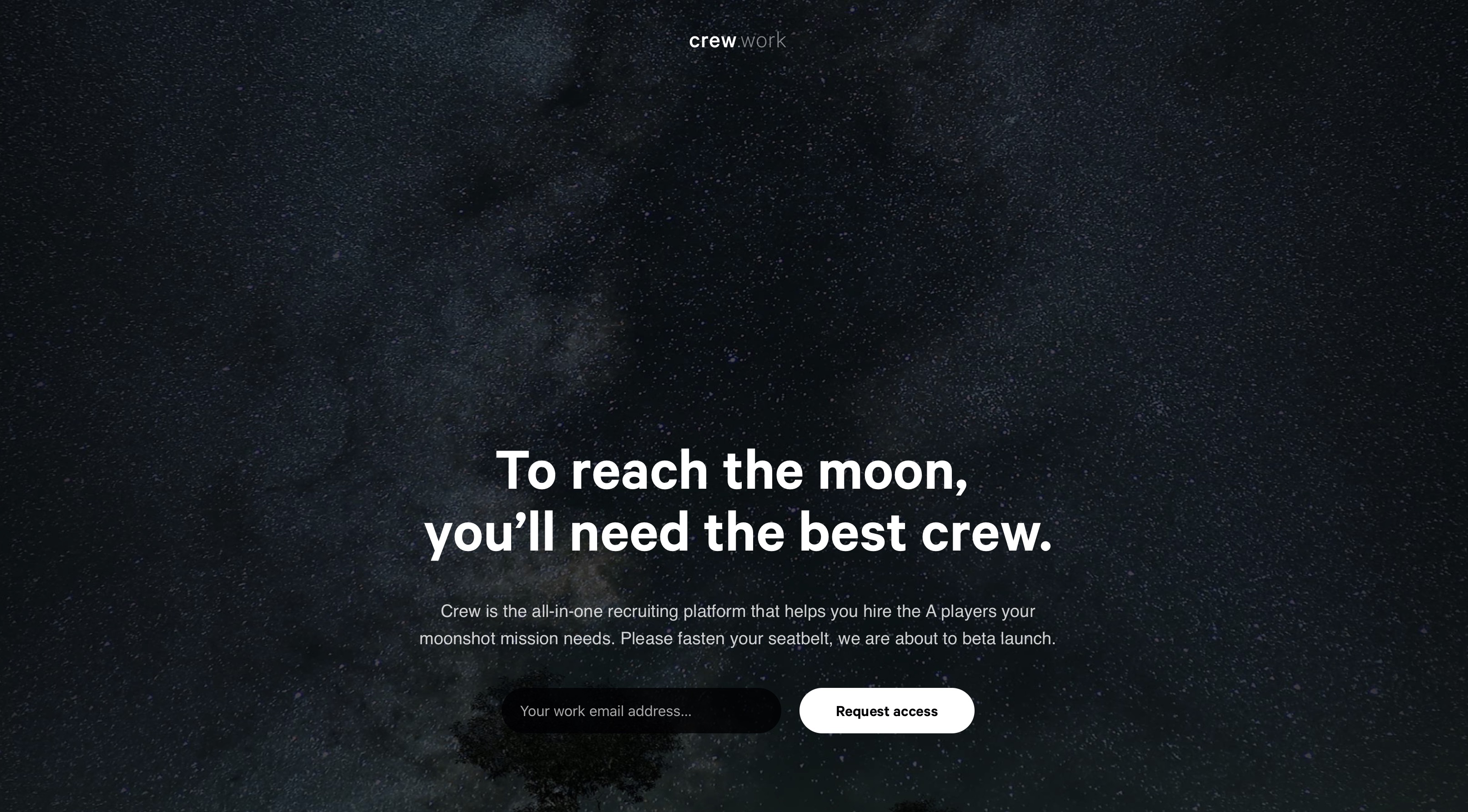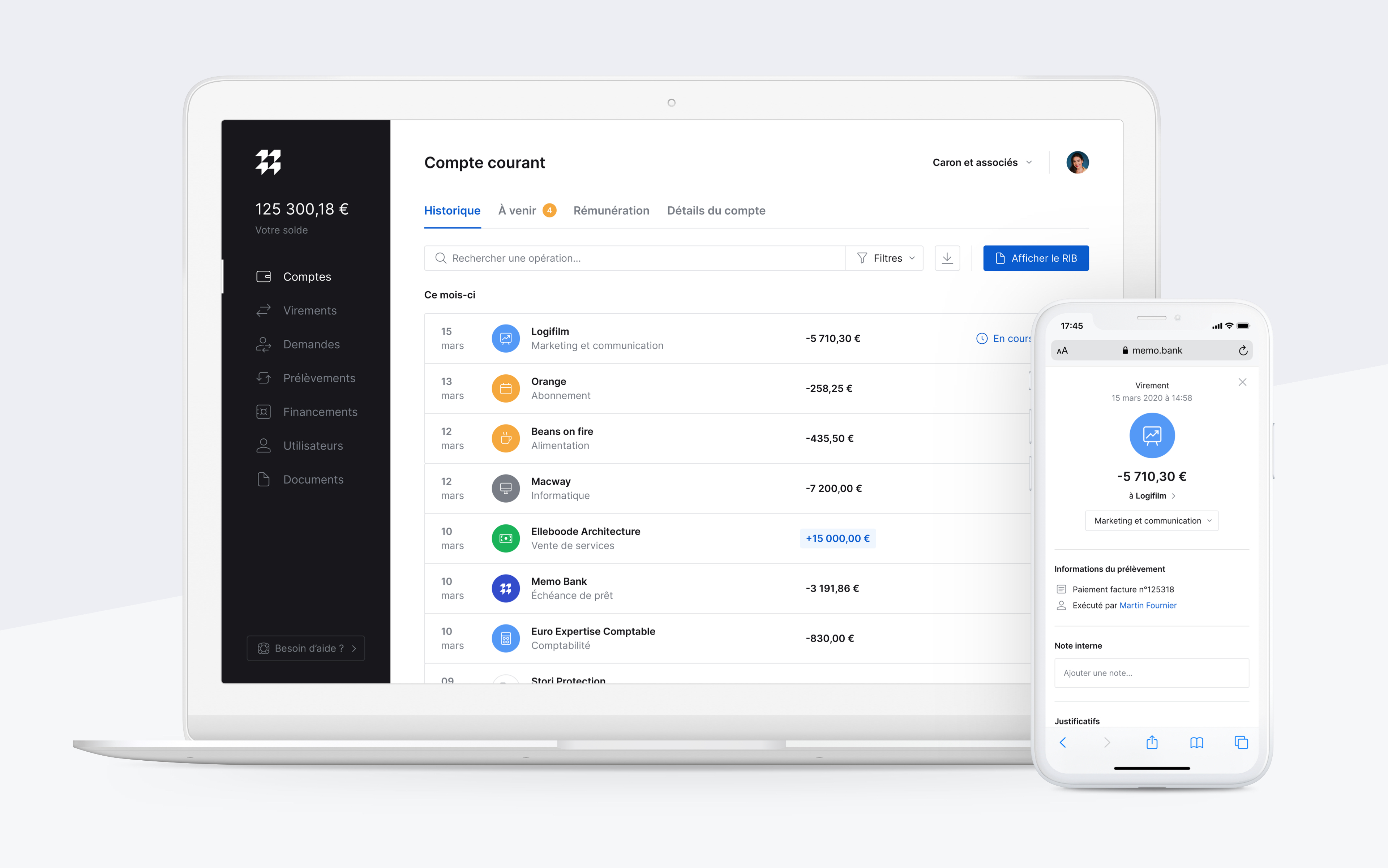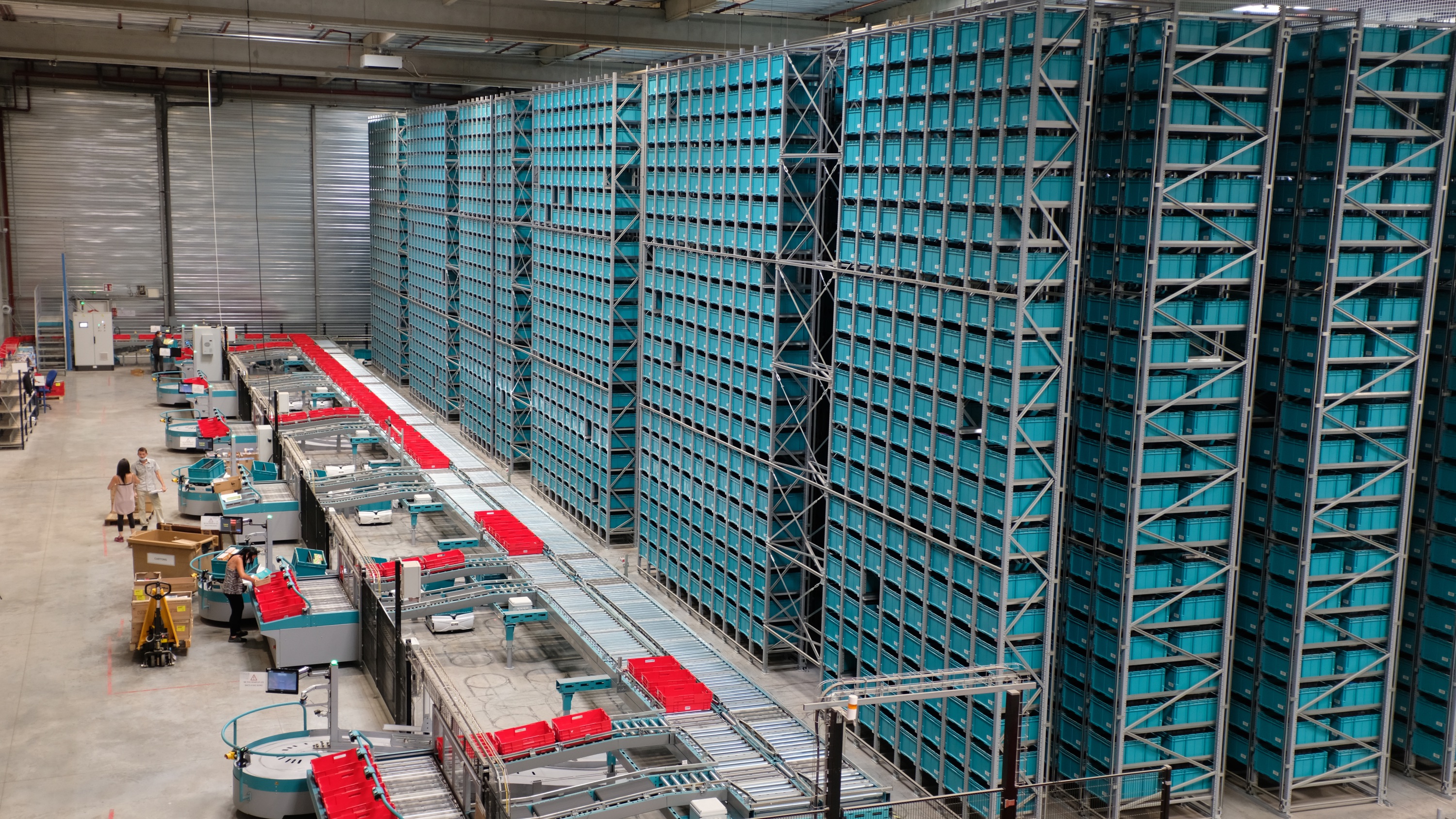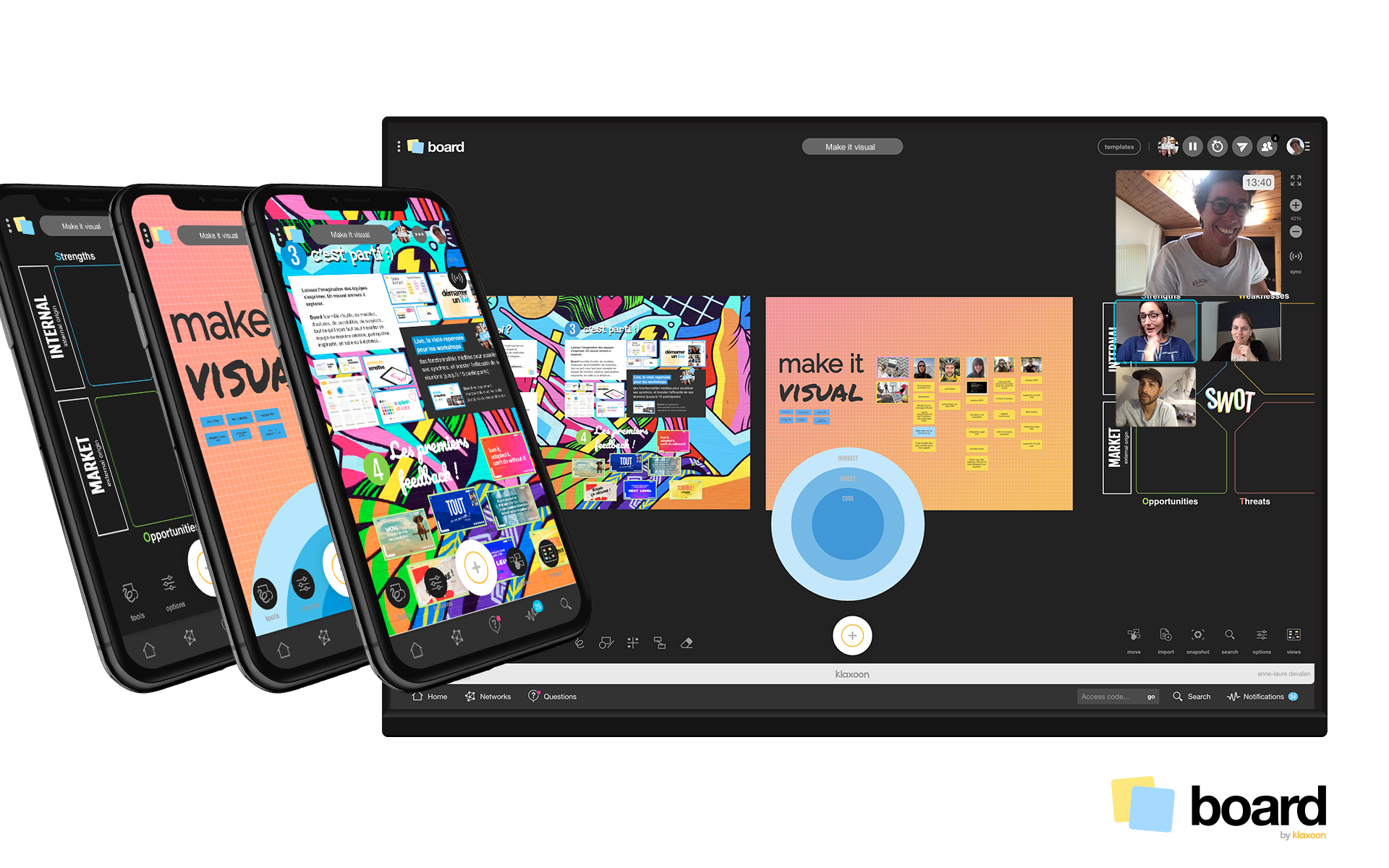Ÿnsect, the startup building the world’s most high tech bug colony, have added $224 million in equity and debt to an already impressive $148 million cash haul as it looks to commercialize its business.
Investors backing the company include the Los Angeles-based investment firm Upfront Ventures and the FootPrint Coalition, an investment vehicle financed by celebrity superhero Robert Downey Jr.
The financing, which includes $139 million in debt and another $65 million in equity will be used to fund the construction of the world’s largest insect farm in Amiens, France — set to open in early 2022.
Why invest a total of $372 million in equity and debt into bug farms? For Ÿnsect, it’s all about protein… and fish. Lots of fish.
See fish farming is an exploding industry even as the numbers of wild caught fish dwindle thanks to rising consumer demand and declining supplies thanks to ocean acidification and warming waters caused by climate change.
Industrial fish farming requires a lot of protein — and the sources of that protein are not good enough to keep industrial farmed fish healthy.
Ÿnsect hopes to change that by providing insect protein for things like fish food and fertilizer — and eventually pet food and (farther down the road) even food for people.
“Ÿnsect isn’t just about insect farming: With climate change and increasing populations worldwide, we need to produce more food with less available land and fewer resources, so that we’re not clearing forests and emptying our oceans. We believe Ÿnsect can play a pivotal role in this global solution,” co-founder and CEO Antoine Hubert said in a statement.
The company’s high-tech, vertical insect farms (primarily raising mealworms) are perfect proteins for the fish and can replace the limited sources of protein the industry currently relies on, according to investors like Upfront Ventures’ Yves Sisteron.
“Oceans are emptying and fish farms are taking over. We’re approaching 50 percent of fish coming from fish farms,” said Sisteron. “One of the main ingredients of fish feed comes from fish. These are from trawlers that rake the bottom of the ocean for anchovies that are combined with a protein paste that is fed to fish for fish farms. And that is basically not sustainable. The amounts in question are gigantic. Globally there’s about 44 million tons of fishfeed per year that is fed to farmed fish.”
Ÿnsect’s mealworms actually provide the fish with a lower-cost, higher quality protein, Sisteron said. “What Ÿnsect is solving is: Can we feed those fish a different kind of protein that will be scalable and also nutrient rich for the fish,” he said.
Ÿnsect transforms insects (and mealworms in particular) into proteins for animals and plants. The company is building full-stack factories that are fully automated, from insect reproduction to sterilization, sorting and packaging.
When the Amiens-based farm is open for business, the company expects to produce 100,000 tons of insect products annually. 500 people will work directly and indirectly on the project.
For the Downey Jr.-backed FootPrint Coalition Ventures, Ÿnsect’s combination of sustainable protein cultivation and massive end markets represented a compelling investment opportunity and a chance to back another company doing its part to combat climate change, according to founding partner Jonathan Schulhof.
It’s the firm’s second publicly disclosed investment after the bamboo-based toilet paper company Cloud Paper.
“We find the aquaculture industry to be absolutely fascinating and we think what they’re doing in that industry is vital,” Schulhof said.
Upfront and FootPrint are joining previous investors like Astanor Ventures along with other financial backers including Happiness Capital, Supernova Invest and Armat Group.
Caisse des Dépôts, Crédit Agricole Brie Picard and Caisse d’Epargne Hauts-de-France are the top banks contributing to today’s financing by providing a credit line. Some of them are taking some equity and other banks are also participating. Overall, Ÿnsect has raised $425 million since 2011.
Companies have already committed $105 million worth of contracts. Clients include wine growing company Torres, fish feed company Skretting and plant fertilizer company Compo Group.
In the future, Ÿnsect also plans to expand to the U.S. and manufacture new products, such as wet pet food.
